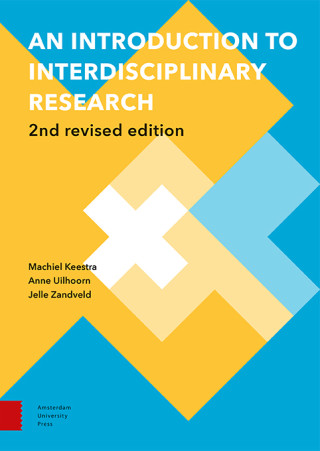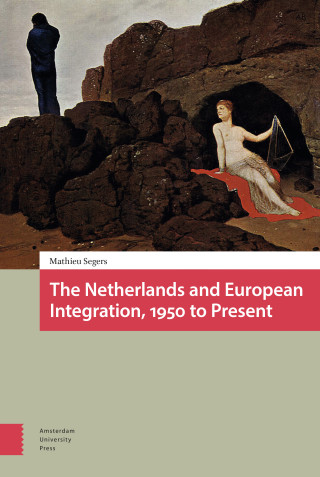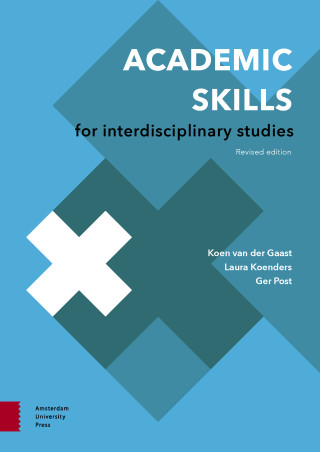

- Title
- The Unfinished History of European Integration
- Subtitle
- Second, Revised Edition
- Price
- € 25,99
- ISBN
- 9789048566150
- Format
- eBook ePub (Adobe DRM)
- Number of pages
- 256
- Language
- English
- Publication date
- 24 - 07 - 2024
- Dimensions
- 15.6 x 23.4 cm
- Discipline
- History, Art History, and Archaeology
- Preview
- Download Preview
- Also available as
- Paperback - € 30,99
Foreword
Acknowledgements
Introduction
I. Historical development of the EC/EU
1. Many roads to Europe, 1919–1950
2. Europe in the making, 1950–1958
3. The Community under construction, 1958–1969
4. What is Europe for? 1969–1987
5. The era of transformation and treaties, 1987–2007
6. From crises to new directions? Contemporary European integration, 2007–2024
II. Theory and historiography of the EC/EU
7. Theoretical perspectives on European integration 8. Historical perspectives on European integration
About the authors
Abbreviations
Bibliography
Index
The Unfinished History of European Integration
Second, Revised Edition
The Unfinished History of European Integration is a companion to the history of the European Union. From the aftermath of the First World War to the EU of 27 member states and Russia’s invasion of Ukraine, it guides the reader past the main events, crucial sites and key actors that shaped the EU we know today. How did it evolve from a market project to a geopolitical force, what explains the expansion of its membership, institutions, policies and the resistance to this growth, and why does it function as it does?
This book provides more than just a chronological account of over seventy years of European integration. It also shows how observers past and present have made sense of the EU. The Unfinished History of European Integration is therefore a unique introduction for readers with different disciplinary backgrounds to understanding the EU. If over seventy years of European integration have taught us anything, it is that fundamental crises as well as moments of rapid institutional change have been constants in its history.
This book provides more than just a chronological account of over seventy years of European integration. It also shows how observers past and present have made sense of the EU. The Unfinished History of European Integration is therefore a unique introduction for readers with different disciplinary backgrounds to understanding the EU. If over seventy years of European integration have taught us anything, it is that fundamental crises as well as moments of rapid institutional change have been constants in its history.
Authors
Koen van Zon
Koen van Zon is a postdoctoral researcher at Studio Europa Maastricht. His research revolves around the historical relation and tensions between the institutions of the European Community and European citizens. He is the author of Heralds of European Democracy: Representation without Politicization in the European Community 1948–68 (Agenda Publishing, 2024).
Matthew Broad
Matthew Broad is an Assistant Professor in History and International Studies in the Institute for History, Leiden University. His research examines the history and politics of European integration since 1945, including non-EU integration, enlargement, Euroscepticism, and Anglo-Nordic relations. His publications include Britain, the Division of Western Europe and the Creation of EFTA, 1955–63 (Palgrave Macmillan, 2022 – with Richard T. Griffiths).
Aleksandra Komornicka
Aleksandra Komornicka is an Assistant Professor at the Faculty of Arts and Social Sciences at Maastricht University. She specializes in the international history of the 20th century, in particular in the history of European integration, business, and the Cold War. She is the author of Poland and European East-West Cooperation in the 1970s The Opening Up (Routledge, 2023).
Paul Reef
Paul Reef is PhD Candidate and Lecturer in International and Political History at Radboud University, Nijmegen. His PhD research explores the transnational history of protest around the Olympic Games and Football World Cup, on which he has published in the Routledge Handbook on Mega-Sporting Events and Human Rights (Routledge, 2023).
Alessandra Schimmel
Alessandra Schimmel is Lecturer in International and Political History at Radboud University, Nijmegen. Her PhD research at Utrecht University examines the history of consumer representation and activism in the European Community.
Jorrit Steehouder
Jorrit Steehouder is Assistant Professor History of International Relations at Utrecht University. Currently, his research revolves around the economic aspects of European security in the first half of the twentieth century, with special attention to dynamics between East, West and Central Europe.



